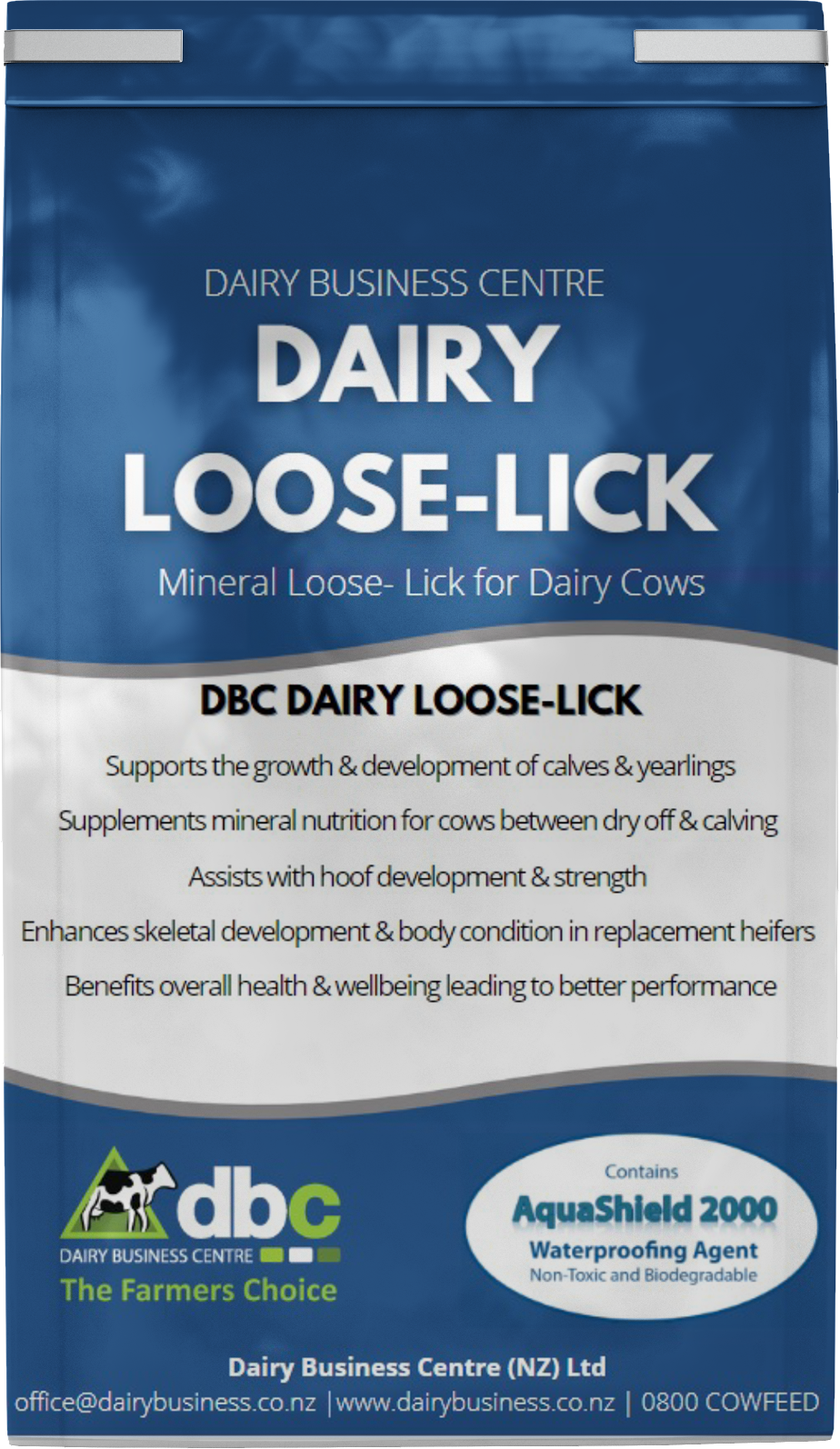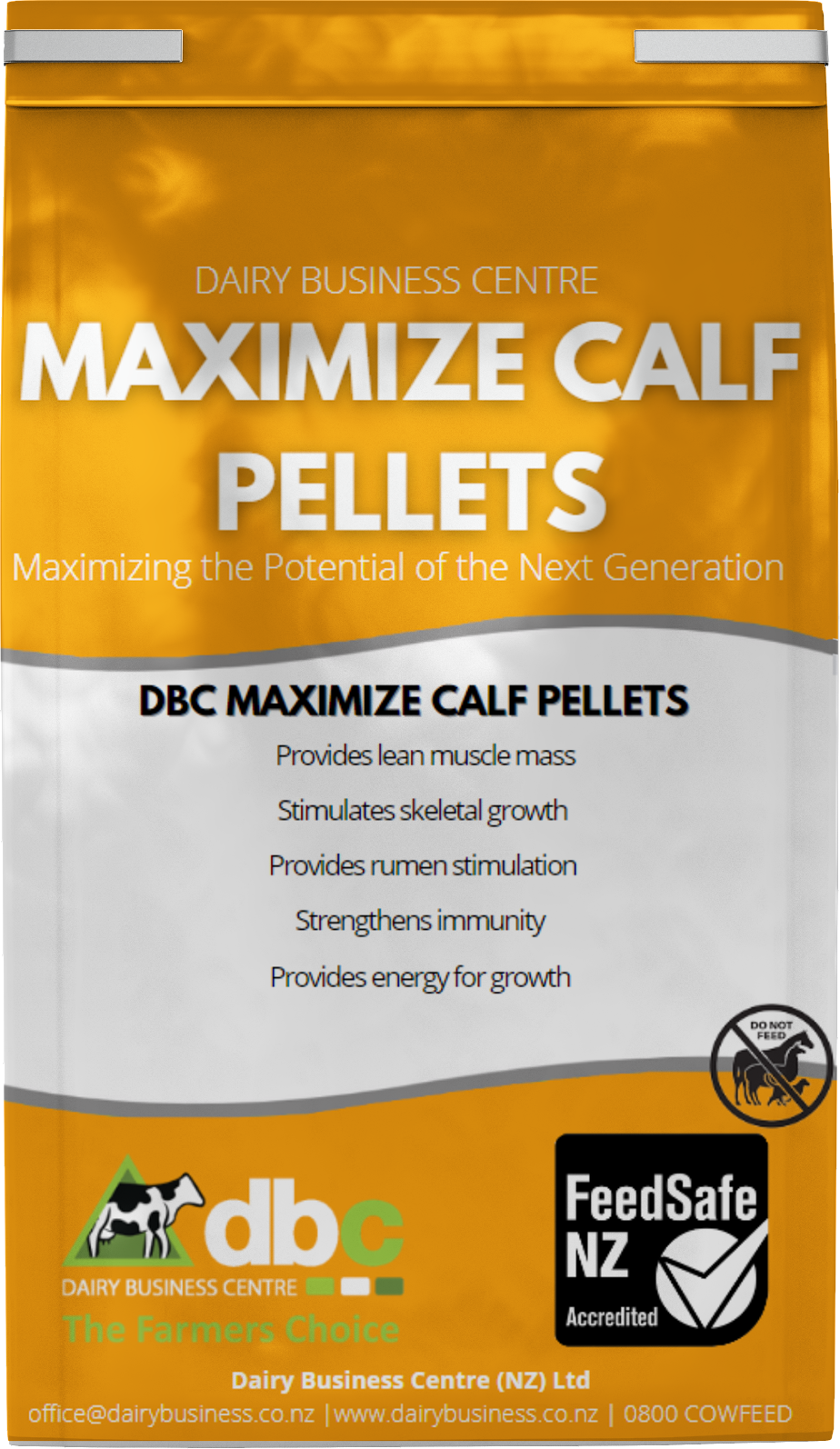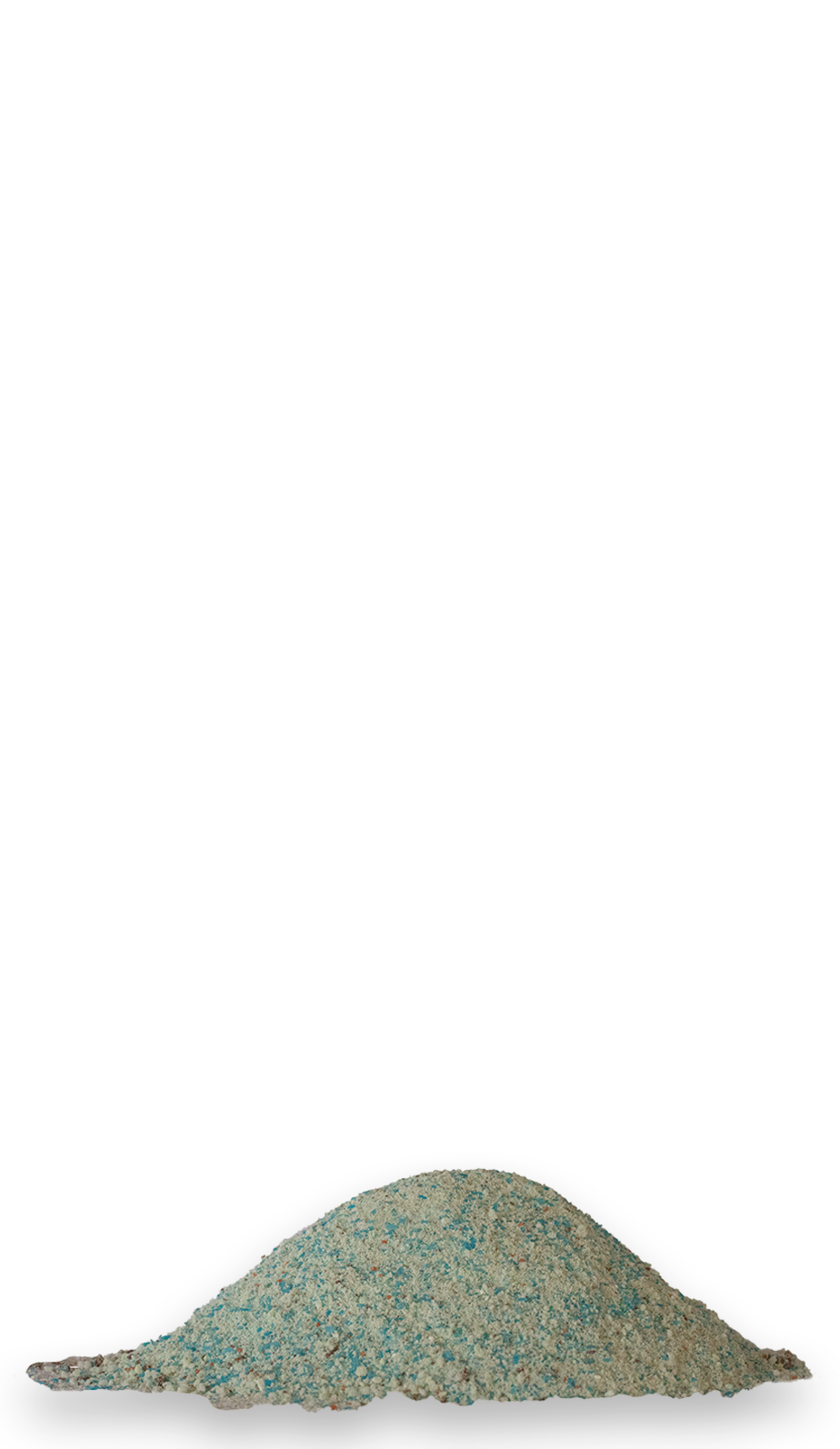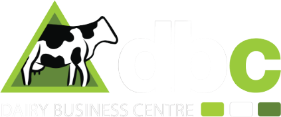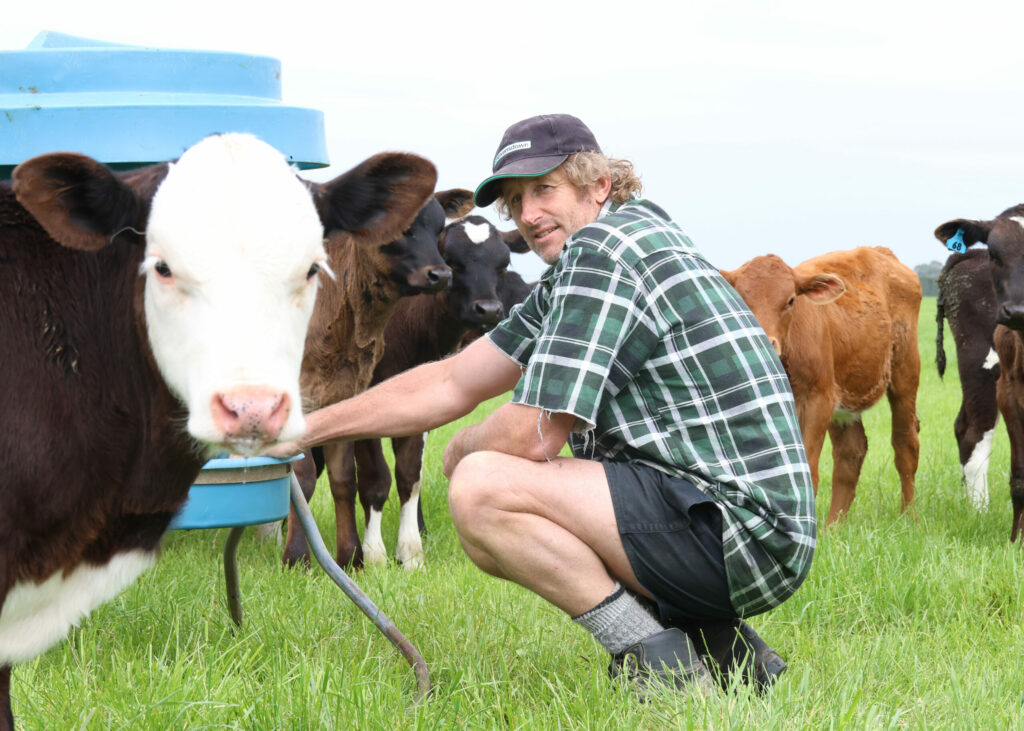Anyone who has followed a lame cow up the track, knows it’s a lesson in fortitude for the cow, and patience for the person landed with the job.
Mid-Canterbury dairyman, Warren Bent has taken a different approach to the inevitable challenges that comes with cow health. He milks 650 cows on 208 hectares (190 ha effective) through a 54-stand rotary dairyman in an equity partnership with John and Jan Allen.
His willingness to consider including supplements on-farm came down to results and trust. He needed both to continue to sign off on his decisions with the Dairy Business Centre’s (DBC) Charlotte Flay.
His supplements are aimed at calf and cow health – in addition to a new product recently released by DBC to harden hooves. Hard-Hoof Xtra was originally custom-made for his farm and has since been a popular addition for other DBC clients.
No lame cows
Leading into Christmas, Warren reported that they had no lame cows in their red mob for the first time in years, and his staff said they believed the cows were walking freer.
It can be challenging to establish a solid mineral status within a herd so supplements can do their best work, Charlotte says. With lameness second only to mastitis as a major herd health cost according to Dairy NZ, she said it makes sense to focus on prevention rather than cure. Especially, given the secondary health challenges which often follow a lame cow.
“We see too many cows suffering from laminitis caused by our lush pastures, poor track conditions, staff pushing cows too hard, or the time cows spent standing on concrete,” Charlotte said. “We want healthy, productive, happy cows and they can’t be that if they are in pain. New Zealand cows walk a long way, so we need to prioritise their hoof health.”
Warren agreed: “A bit of money spent on supplements is cheap compared to a lame cow,” he said. “Having a few or no lame cows is not only good for our cows, it’s also great for the guys who work here. Because lame cows are just another job, and they impact on production.”
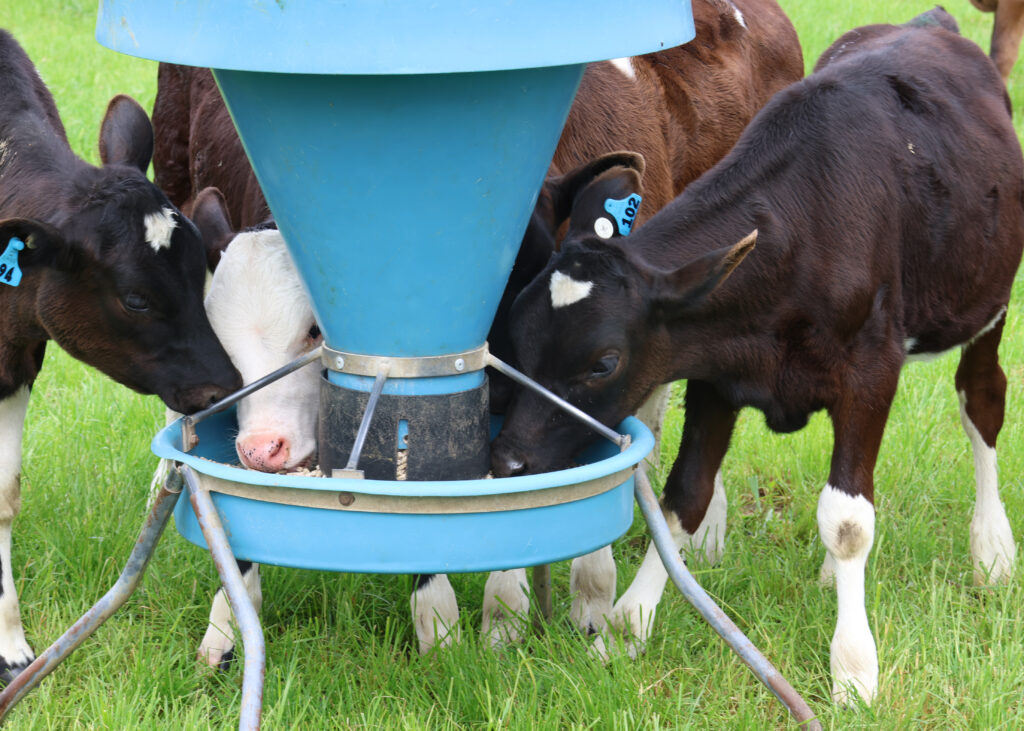
A ‘stitch in time, saves nine’
The supplements which have paid Warren back include DBC’s Loose Lick (a water-resistant loose lick that is ideal for lactating cows and young stock and which includes the macro-minerals Calcium, Phosphorous, Magnesium; micro-minerals Zinc, Copper, Cobalt, Selenium, Manganese, and Iodine, along with Vitamins A, D and), a Transition Loose Lick (for springing cows), Maximize Calf Pellets (a concentrated supplement using by-pass proteins that are customised to stimulate skeletal growth, provide lean muscle mass, supply energy, strengthen immunity and stimulate the calf’s rumen), Max T-Mins (a water-soluble, multi-mineral, trace element mix, released through a dosatron), and Hard-Hoof Xtra.
The Loose Lick, which Warren offers his cows through the winter – importantly for hoof health – also includes Biotin. It is a complex of water-soluble B complex vitamins which are essential for growth, feed utilisation and the maintenance of epidermal tissues and normal bone development. It is also involved in a number of pathways linked to hoof health and milk synthesis. It takes eight weeks for a new hoof horn to grow and develop with support from Biotin. That time lays the base to optimise Hard-Hoof Xtra’s impact when the cows’ calve.
“By offering the Hard-Hoof Xtra through the dry period, it means the lag time for Biotin build-up has been eliminated when the cows calve and enter the milking herd,” Charlotte said. “It is good to know it’s already working when they start walking to the dairy twice a day.”
Keeping ahead of deficiency-linked health issues
Wintering cows with the support of Loose Lick also helps cows that may be struggling with underlying phosphorus deficiencies, which are often exposed by low mineral feeds like fodder beet. For every litre of milk produced,1g of phosphorus leaves a cow’s system.
Cows that are offered little to no macro mineral supplementation have to mine their own stores. Calves that are fed phosphorus-deficient milk, weaned early, and then grazed on fodder beet are at a substantially higher risk of breaking their shoulders because phosphorus deficiency is directly associated with Calcium uptake.
Phosphorus deficiency is also associated with infertility, poor production, and poor appetite.
The Transition Lick for Warren’s dry cows has helped drop the number of downer cows to around 10 out of 650-head [1.5%] a calving.
“I added the Transition Lick because I didn’t want to dust pasture, because I think that is a stupid idea” Warren said. “I notice they really get into it before they calve, and they don’t like it afterwards, which is interesting. If a cow does go down now, the Transition Lick helps her pop up quicker.”
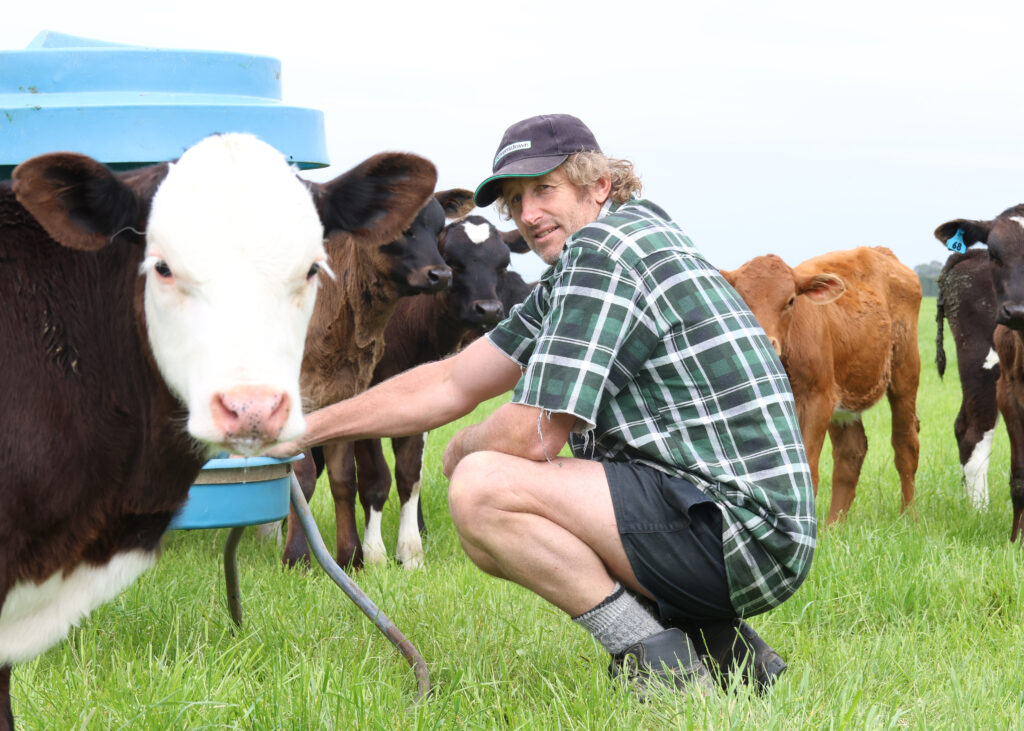
Commodities well priced
In addition to supplements and minerals, Warren sources his commodity Wheat and Palm Kernel from DBC for one reason.
“They are competitively priced. If they didn’t get it for the right numbers, I’d get it from someone else. My loyalty to DBC comes in on the products like the minerals and supplements.”
Charlotte says Warren’s commitment to trust her to tailor minerals at appropriate ratios and support him in his supplement choices has allowed her to deliver quantifiable results.
Charlotte said, “We also pride ourselves on the quality of the mineral in terms of purity, meaning it is a clean mineral source, manufactured in a safe environment, so it doesn’t taint the water and turn the cows away.”
For Warren, proactively focusing on his animal health has been a “stitch in time, saves nine” for his business.
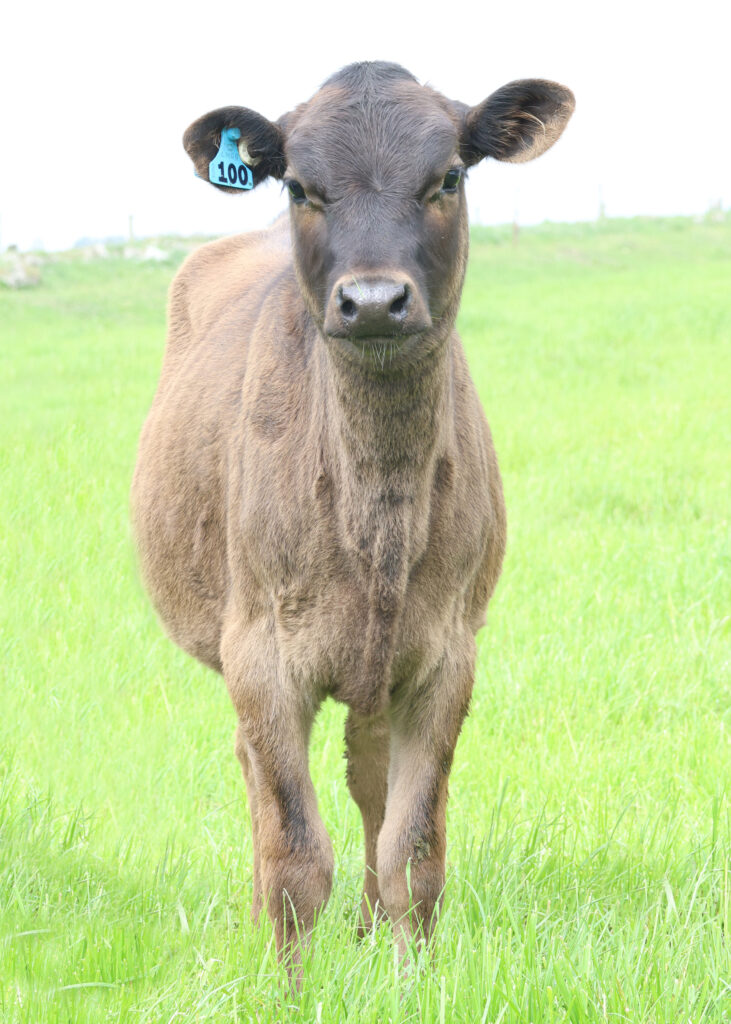
Related article
What are your downer cows telling you?
Making money milking cows on 5.5ha
Minerals and meal add milk
Southland dairy embraces high-performance biological farming
You can’t save yourself into profit
Related products
